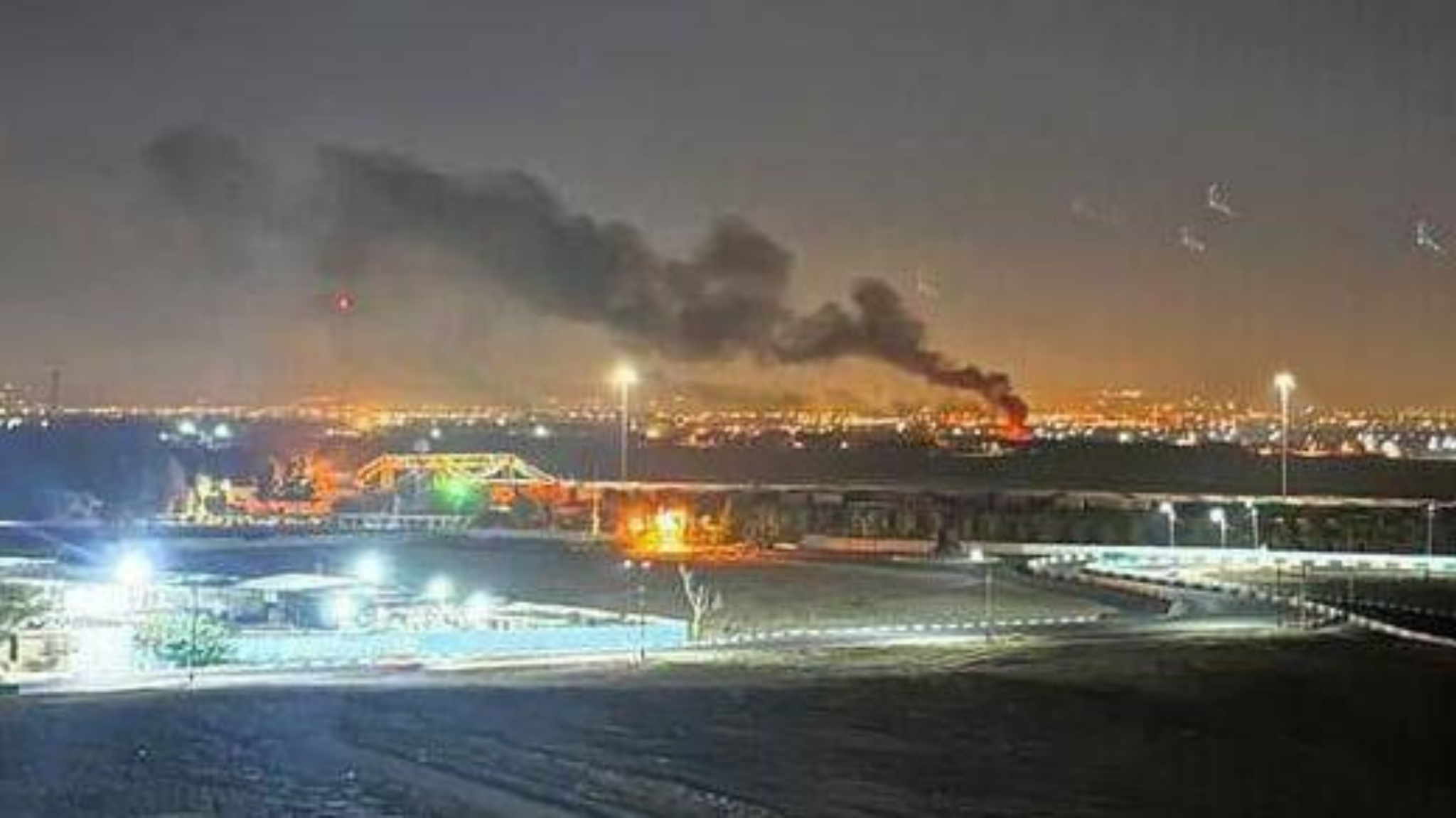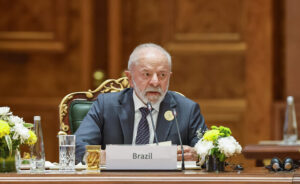
Published 10/26/2024 11:33 | Edited 10/26/2024 11:36
During the early hours of Friday to Saturday (local time), Israel carried out intense attacks against military targets in Iran, including attacks near the capital, Tehran, and other cities. The Israeli government, led by Benjamin Netanyahu, justified the action as retaliation for the Iranian regime’s offensives earlier this month. After hours of operation, the Israeli military command declared the mission over, with all aircraft returning safely, even after an operation more than 1,600 miles from Israel.
The targets of the attacks included air defense batteries and manufacturing sites for ballistic missiles that had been used against Israel. The toll released by Iran includes two dead soldiers. “The Army of the Islamic Republic of Iran, while defending the country’s security and protecting the people, sacrificed two of its fighters during an attack by the criminal regime,” Iranian authorities said in a statement.
Also read: Israeli reservists sign letter against “eternal war” and demand diplomatic solution
Even with the operation completed, Israel left a warning to Iran. According to the spokesman for the Israel Defense Forces, Daniel Hagari, the attack was precise and directed at specific military targets. “We carry out targeted and precise strikes against military targets in Iran – thwarting immediate threats to the State of Israel,” Hagari said. He reinforces that Israel is prepared for both defense and new attacks, should the conflict intensify. “Our message is clear: all those who threaten the State of Israel and seek to drag the region into a wider escalation will pay a heavy price,” he said.
Iran admits “limited damage”
Despite the human losses, the Iranian government minimized the material impacts of the attacks, stating that its air defense system prevents more extensive damage. The bombings were concentrated on military bases in Tehran, Khuzestan and Ilam. After the offensive, both Iran and Iraq closed their airspace, without giving further details about the decision.
Other countries condemn attacks
The military action generated immediate repercussions in several nations. As expected, the United States expressed support for the Israeli operation, classifying it as a “self-defense exercise.” Sean Savett, spokesman for the National Security Council, said the attacks targeted exclusively military targets, unlike the Iranian interventions, “which targeted Israel’s most populous city.” American President Joe Biden declared that he hopes the action will end the cycle of attacks between the two countries.
Also read: Mauro Vieira denounces Israeli atrocities against Palestinians at the BRICS Summit
“US commitment is to Israel’s security and right to self-defense,” wrote Pentagon spokesman Patrick Ryder on X (formerly Twitter).
The United Kingdom and France also took a stand. British Prime Minister Keir Starmer said at a press conference that “Israel has the right to defend itself”, but asked Iran not to respond with a new wave of attacks, to avoid a “greater regional escalation”.
The French Foreign Ministry, in a statement, called on “all parties to refrain from any escalation and action that could worsen the extremely tense context in the region.”
The Egyptian Ministry of Foreign Affairs said that it “condemns all actions that threaten the security and stability of the region” and emphasized its position that a ceasefire in the Gaza Strip must be carried out as soon as possible.
Turkey, however, sharply criticized Israeli actions, referring to the conflict as “genocide in Gaza” and calling Israel’s containment an urgent necessity for global peace and security.
Escalation of conflict
The Israeli intervention raises concerns about a potential escalation of violence in the Middle East, as many of the Iranian targets are strategic bases close to Tehran. With international calls for restraint, the region remains on alert for new movements from both sides, while Israel reinforces its commitment to self-defense and Iran says it will not tolerate attacks on its territory.
Global leaders warn of the need for negotiations that can avoid a broader conflict, which involves other powers and would have devastating consequences for the Middle East and the global scenario.
__
with agency information
Source: vermelho.org.br

